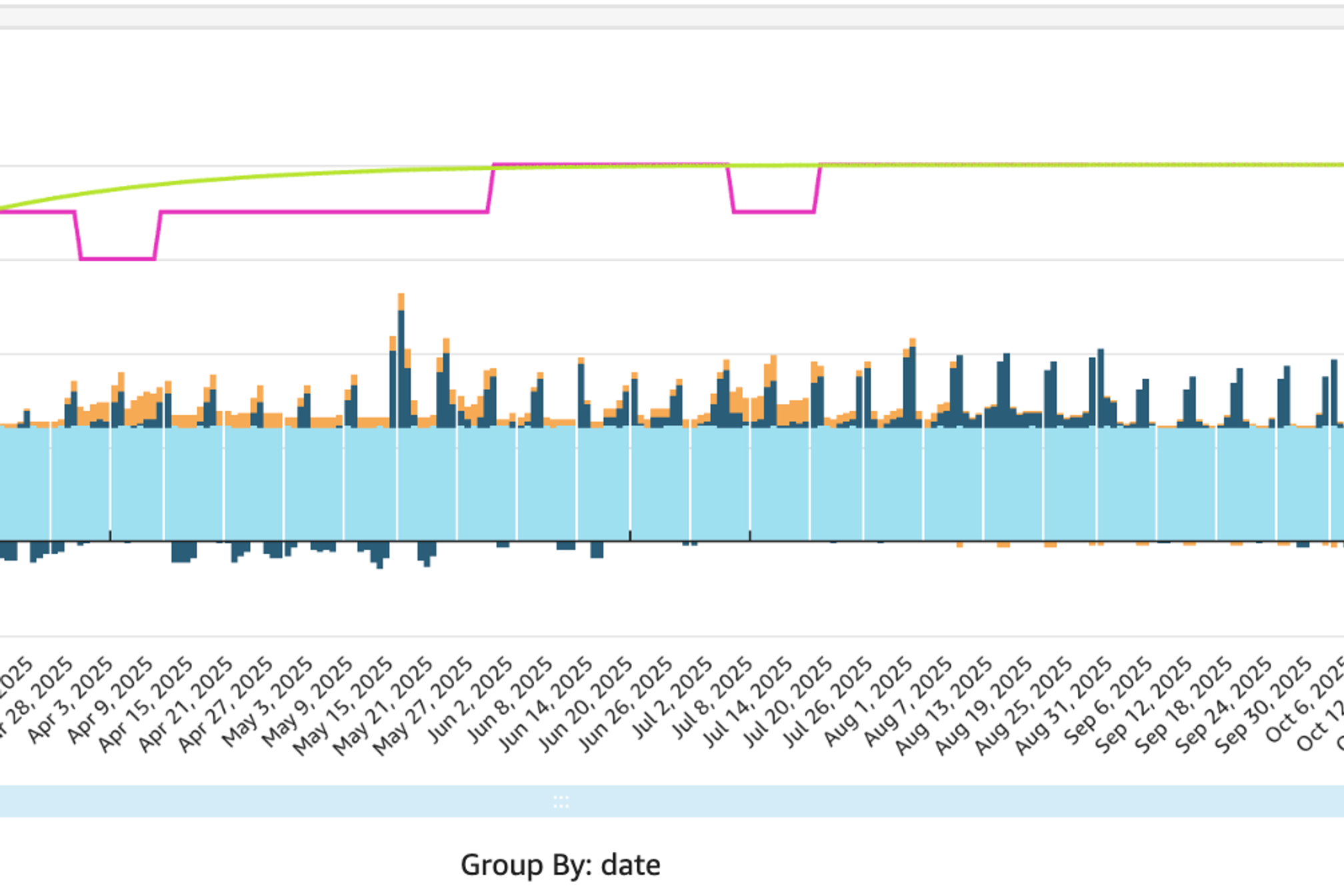Sunday, October 1, 2023
Introducing Event Classification Based on Market Demand

Introducing Event Classification Based on Market Demand
Revenue management has traditionally relied on predefined calendar events and known local happenings to guide pricing strategies. But at Hyatus, we believe pricing should evolve with the market itself. That’s why we’re introducing Event Classification Based on Market Demand, a revolutionary way to identify and differentiate high-demand periods.
This new approach uses market demand data to dynamically classify events, allowing for more accurate pricing adjustments and better alignment with real-world booking patterns.
The Difference Between High Demand and Correlated High Demand
Our system distinguishes between two types of high demand:
• Regular High Demand: These are periods influenced by seasonality factors, such as holidays, peak travel seasons, or other predictable trends. Pricing during these times reflects general increases in demand.
• Correlated High Demand: This refers to clusters of days that share demand correlations, such as weekends or multi-day events. These clusters behave differently because their value depends on being booked together, making them subject to Cluster Break Penalties and Cluster Broken Discounts.
For example, a 2-day weekend is a correlated demand cluster. If one day becomes unavailable, the remaining day’s demand drops significantly because most guests prefer to book the full weekend. This is where correlated high demand pricing strategies excel.
How Event Classification Works
Hyatus now uses market demand signals to dynamically identify and classify both types of high demand. By analyzing booking patterns, rate fluctuations, and market trends, the system can determine whether a high-demand period is isolated or part of a correlated cluster.
This enables the following advanced pricing strategies:
• Cluster Break Penalties: When a booking threatens to split a correlated cluster (e.g., reserving one day of a weekend), the system increases the price to reflect the lost value of the disrupted cluster.
• Cluster Broken Discounts: When a cluster is already broken (e.g., one weekend day is unavailable), the price of the remaining day is dynamically adjusted downward to match its actual demand.
Why This Matters
Event Classification Based on Market Demand brings new precision to pricing in high-demand periods. Here’s why it’s transformative:
1. Accurate Revenue Optimization: By identifying clusters and applying penalties or discounts, pricing remains aligned with real demand patterns.
2. Dynamic Adaptability: Instead of relying on static, pre-labeled events, the system reacts to market signals in real time.
3. Smarter Cluster Management: Correlated high demand clusters are handled more effectively, preserving their value and filling gaps when necessary.
Experience Smarter Event Pricing
Event Classification Based on Market Demand ensures that your properties achieve optimal revenue performance during high-demand periods. By dynamically differentiating between regular and correlated demand, Hyatus empowers you to adapt to market realities with precision and confidence.
This feature is now live for all GPTPricing users. Contact us today to learn more or get started optimizing your event-driven pricing strategy!
